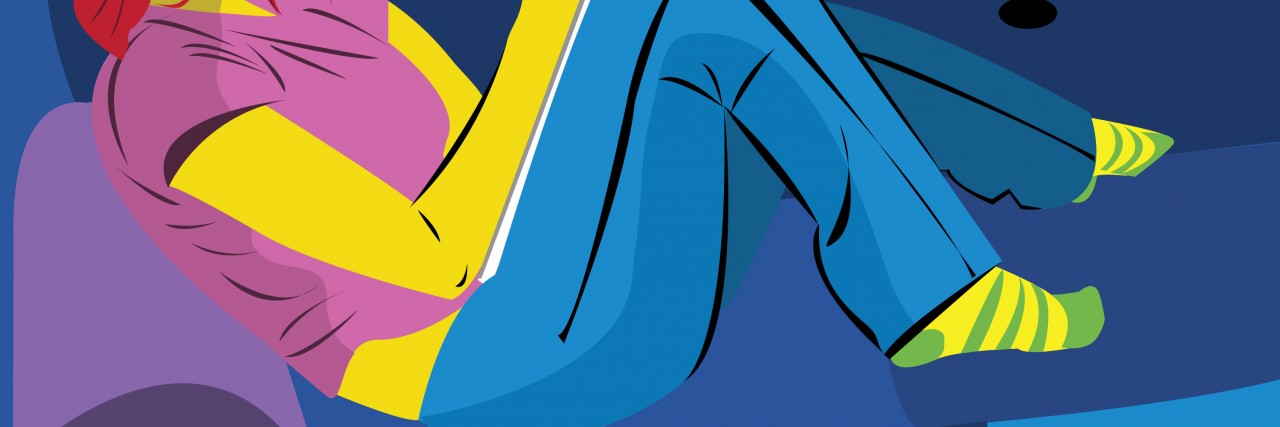The 5 Most Important Things I've Learned in Recovery From Addiction
I’m a 32-year-old with anxiety and depression, and I have been living in recovery from addiction for just over a year. I went into recovery without knowing much about it. Here are some of the important lessons I have learned.
1. I needed to want it more than anything.
When I started rehab, I assumed everyone else was on the same page as me. This was not the case. People are in rehab for many reasons, and some of them might not be ready to quit. They could be there for their families, legal reasons, health, et cetera — not necessarily because they want to get better. For me, there was no option other than recovery.
2. You can’t judge another person’s recovery.
I was a bit surprised to see the judgment of others within the recovery community. Some people look down on those who don’t go to 12-step meetings. Some don’t approve of replacement drugs. I’ve seen someone quit a recovery program altogether, because she claimed there was too much judgment and drama involved. I find it easier not to judge anyone. We’re all in this together, after all, with a common goal of living free of addictions. With this attitude, I’ve made some unlikely but wonderful friends.
3. The stigma around addiction is still present.
I am lucky that I haven’t had too many bad experiences with the stigma surrounding addiction, personally, but I still see it all the time. In particular, I have noticed a lot of people in recovery do not advertise they’re in recovery. There’s still a lot of shame attached to addictions. I need to recover out loud. I feel like I have a responsibility to help others who might be suffering in silence, like I did for so many years. I believe the only way to solve the stigma problem is to talk about recovery.
4. There’s more than one way to recover from addictions.
When I was in rehab, I was told to go to 12-step meetings. These are great for some people, but they might not be for everyone. There is a lot of pressure to get a sponsor and work the steps. I like to say my sponsor is a committee — family and friends, my therapist, an addictions counselor, various doctors, a psychiatrist. I like the odd meeting, and they’re awesome for finding friends who don’t drink, but I have a bit of an issue with the concept of anonymity. I will always respect the anonymity of others, but I believe it perpetuates stigma, so I don’t go to a lot of 12-step meetings. I engage in many other recovery-friendly activities and try to live a fairly healthy lifestyle, and it’s working for me!
5. Recovery really is possible.
For a long time, I figured I wouldn’t bother quitting drinking because what was the point? I’d just go back to drinking again eventually, like always. I didn’t know any other way, and I thought I was too old to learn. I am happy to report I was wrong. It’s been a year and a quarter, and I’m still going strong. I’ve met so many people who have been in recovery for several years.
If anyone reading this is struggling and feels hopeless, I want you to know an addiction doesn’t have to be a death sentence. I never even imagined I could be as happy as I am today.
Lead photo source: Thinkstock Images

